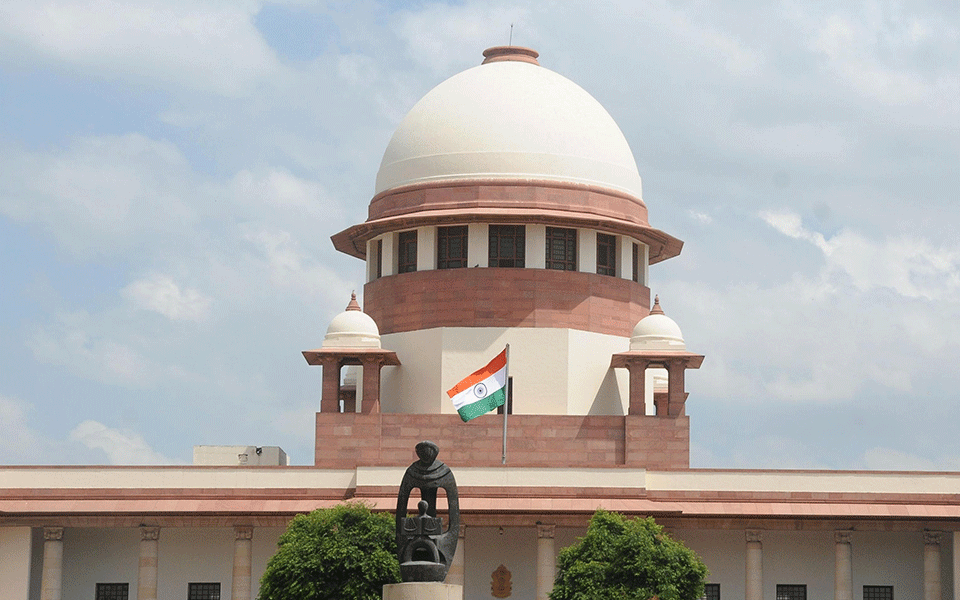New Delhi, Sep 24 : The Supreme Court on Monday referred to a Constitution Bench a plea questioning the practice of Female Genital Mutilation (FGM) prevalent in the Dawoodi Bohra community.
The issue was referred to the Constitution Bench on the request of Attorney General K.K. Venugopal and senior counsel Mukul Rohatgi who appeared for the community.
A bench of Chief Justice Dipak Misra, Justice A.M. Khanwilkar and Justice D.Y. Chandrachud said that they would frame the question for the consideration of the Constitution Bench.
The top court earlier in the course of the hearing of the PIL had said that the religious practices could not be cited to justify female genital mutilation in the Dawoodi Bohra community, observing "a lot of girls don't want and it can't be imposed".
The earlier hearing by a three-judge bench saw the Centre describing the practice of FGM amongst Dawoodi Bohras as violative of bodily integrity which is a part of right to privacy and dignity.
However, the community had defended the practice on the grounds of the freedom of religion and religious practices.
A lawyer, Sunita Tiwari, had moved a PIL challenging the practice and seeking direction to declare it illegal and unconstitutional, non-compoundable and a non-bailable offence.
Let the Truth be known. If you read VB and like VB, please be a VB Supporter and Help us deliver the Truth to one and all.
Panaji (PTI): As part of a crackdown against tourist establishments violating laws and safety norms in the aftermath of the Arpora fire tragedy, Goa authorities on Saturday sealed a renowned club at Vagator and revoked the fire department NOC of another club.
Cafe CO2 Goa, located on a cliff overlooking the Arabian Sea at Vagator beach in North Goa, was sealed. The move came two days after Goya Club, also in Vagator, was shut down for alleged violations of rules.
Elsewhere, campaigning for local body polls, AAP leader Arvind Kejriwal said the fire incident at Birch by Romeo Lane nightclub at Arpora, which claimed 25 lives on December 6, happened because the BJP government in the state was corrupt.
An inspection of Cafe CO2 Goa by a state government-appointed team revealed that the establishment, with a seating capacity of 250, did not possess a no-objection certificate (NOC) of the Fire and Emergency Services Department. The club, which sits atop Ozrant Cliff, also did not have structural stability, the team found.
The Fire and Emergency Services on Saturday also revoked the NOC issued to Diaz Pool Club and Bar at Anjuna as the fire extinguishers installed in the establishment were found to be inadequate, said divisional fire officer Shripad Gawas.
A notice was issued to Nitin Wadhwa, the partner of the club, he said in the order.
Campaigning at Chimbel village near Panaji in support of his party's Zilla Panchayat election candidate, Aam Aadmi Party leader Kejriwal said the nightclub fire at Arpora happened because of the "corruption of the Pramod Sawant-led state government."
"Why this fire incident happened? I read in the newspapers that the nightclub had no occupancy certificate, no building licence, no excise licence, no construction licence or trade licence. The entire club was illegal but still it was going on," he said.
"How could it go on? Couldn't Pramod Sawant or anyone else see it? I was told that hafta (bribe) was being paid," the former Delhi chief minister said.
A person can not work without bribing officials in the coastal state, Kejriwal said, alleging that officers, MLAs and even ministers are accepting bribes.





